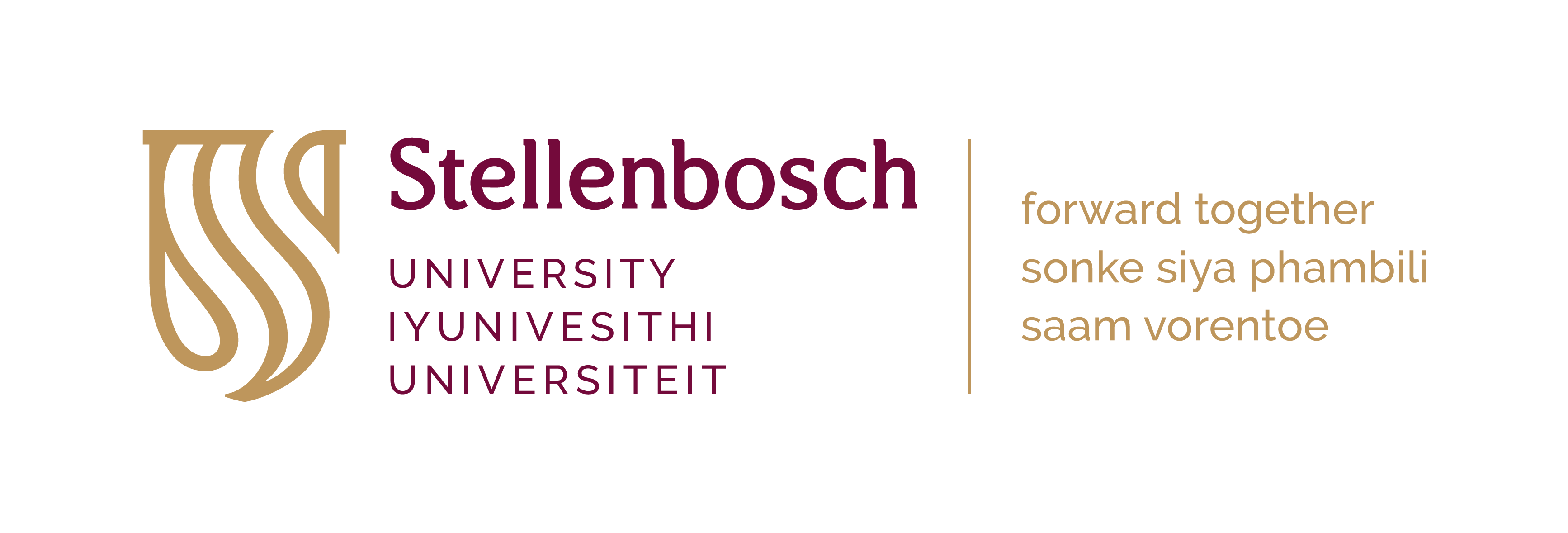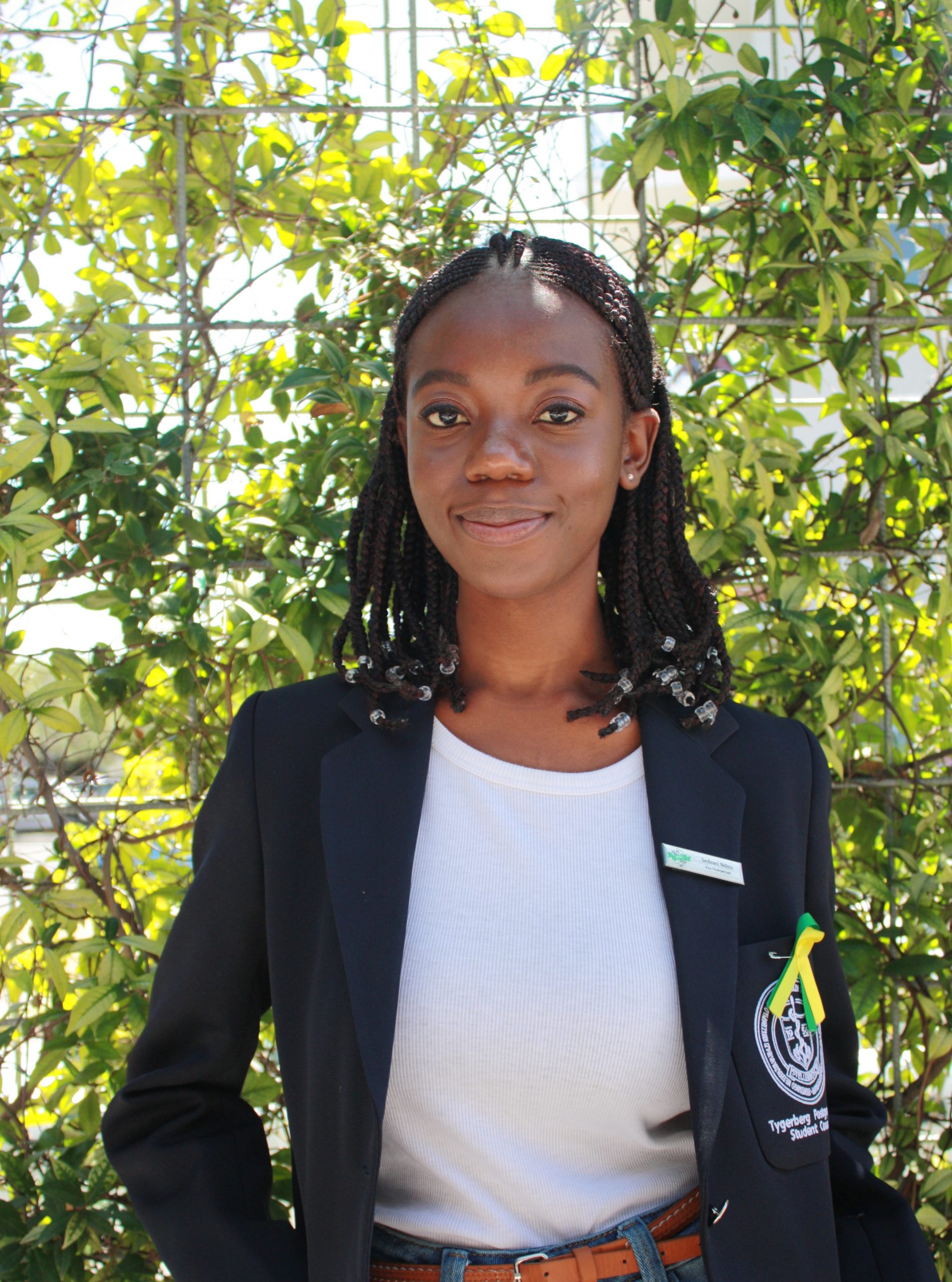Meet Miss Sedzani Ndou, a masters candidate within the Diagnostics Lab of the Immunology Research Group at the Stellenbosch University’s Division of Molecular Biology and Human Genetics, Faculty of Medicine and Health Sciences.
In celebration of Youth Month 2020, the Division of Molecular Biology and Human Genetics is paying tribute to young researchers within our institute. We share heart-warming stories of our students whose lives give us great hope for the future of South Africa. We thank these students for volunteering to tell us a little about themselves and their research.
Tell us briefly about your background?
I grew up in a village called Ngovhela Tshifhasi, Thohoyandou which is situated in Limpopo providence. I was raised by a single mother who works as a cleaner at the University of Venda. As a young girl, who was raised by a parent who didn’t get the opportunity to further her studies and who grow up in a disadvantaged background, I always believed in education, that only education will one day give me a better future that is why I am still studying even today.
Why did you choose your field of study – what or who inspired you? Is this what you envisioned for yourself growing up?
I did not see myself as a scientist, I use to think its not for me or let me say I use to think that I was not intelligent enough. As I mentioned above, I ended up in this field because that was the only course that I was interested in at the University of Venda. I guess I liked the idea of wearing the lab coat and spending time in the lab but now I don’t see myself doing anything else other than science.
What is your research focus on?
My research focuses more on the tuberculosis disease, which is one of the infectious diseases that is claiming most of the lives in South Africa. We are trying to find a quick way to diagnose this disease using the most accessible sample such as blood that will only take a few hours to get the results. This is because currently, the diagnosis of TB takes approximately 6 weeks to get the test results.
How can your research help to improve Africa and/or the lives of its people?
Africa is known to be one of the leading continents that has a high estimate of TB cases as compared to other continents and this is mostly due to resource limitation that is facing our continent. Currently, the method of diagnosing TB is expensive and requires that personnel be trained with level 3 of laboratory training and most of the health care facilities cannot afford such tests. My research therefore focuses.
What obstacles did you have to overcome to get where you are today?
Financial obstacle has been my biggest problem. When I passed matric, I passed it well and I was accepted to study metallurgical engineering as the University of Johannesburg, however, I couldn’t continue with my dream of becoming an engineer because my mother could not afford the fees and living expenses at Johannesburg. I was forced to look for anything at the University of Venda that I can study as it was closer to home and I would not be spending money on transport, accommodation and food. I decided to study BSc in Microbiology and Biochemistry because I was also interested in health sciences. During my university life, I had to work hard so that I could get a bursary to further my studies and fortunately NSFAS came to my rescue.
If you could invite any three researchers (alive or dead; local or international) to a dinner party, who would you pick and why?
I would first send my invitation to Mamokgethi Phakeng. This is because she is someone I can easily relate to. Besides that, she is so hard-working and very passionate which I think should be the minimum requirements of any scientist or a researcher. I also love the way she humbles herself and the way she is so invested in shaping the upcoming researchers.
Secondly, I would invite my supervisor Novel. N. Chegou. Novel is one of the upcoming scientists that I always see that they have potential in breaking the ground in TB research more especially the TB diagnosis research. I love his work-ethics and dedication. Looking at where he comes from and where he is today really inspires me, it really gives me hope that through dedication you can achieve more in life.
Lastly, I would invite Daniel E Zak. Zak is one of the researchers that I have read their work and fell in love with blood transcriptome signature work. I still remember I used to joke a lot with my friend that I can’t wait to sit down with Zak and ask him how he is able to do such exceptional work.
What is your favourite quote/saying?
I love this quote by Marianne Williamson from her poem our deepest fear, “Our deepest fear is not that we are inadequate. Our deepest fear is that we are powerful beyond measure”. This really inspires me that most of us are scared to tap into our real abilities, but we let opportunities pass us because we are scared to broaden our horizons.
Any advice for young people who are considering a career in STEM?
My advice to young people would be, you don’t need to limit yourself but you can be anything that you want to be, as long as you know why you are doing it because your why will carry you through.
What do you hope to achieve in the future?
I hope to build my knowledge in infectious diseases and public health and one of the good days I want to see myself in the front-line being an infectious-disease specialist.

